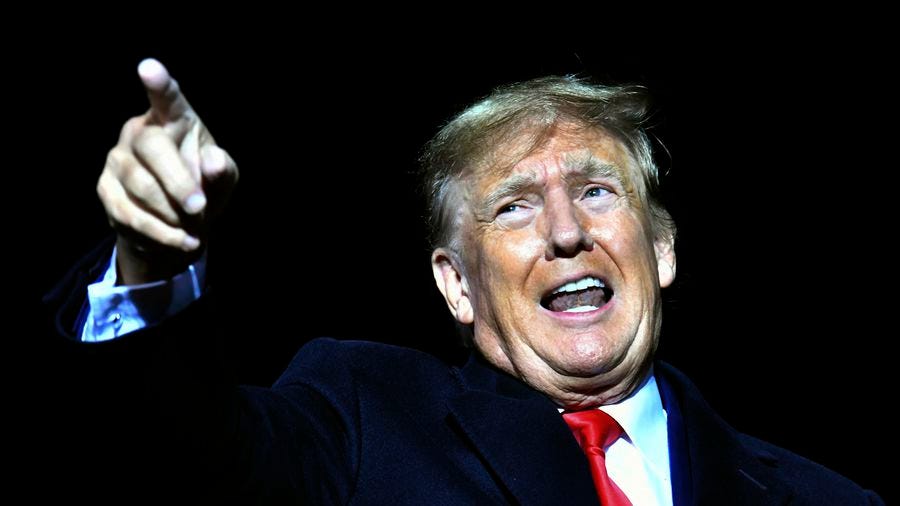Republicans fume. Democrats plot.
Presidencies often begin in crisis, but Trump's didn't, and he wasted it.
Keep reading with a 7-day free trial
Subscribe to The Duckpin to keep reading this post and get 7 days of free access to the full post archives.



